Every year, droughts, floods, hurricanes, and other natural disasters affect approximately 100 million people and cause more than $100 billion dollars in economic damage. Today, nearly 53 million people worldwide are in need of emergency food aid. And authoritarian leaders still govern nearly 50 countries, while the same number of countries are affected by conflict or potential instability.
Poverty and conflict are inextricably linked to authoritarianism and poor governance, with the consequences for citizens only worsening during times of crisis.
In 2016, conflict in South Sudan, Iraq, Yemen, and Ukraine left tens of millions in need of assistance while Syria entered the sixth year of a brutal civil war that has destroyed entire communities and affected far too many lives. Just as we have in these countries, USAID remains committed to responding to crises around the world, to help the people and places most in need.
With a focus on disaster prevention, response, recovery and transition, we are working to:
- Strengthen resilience by helping states and communities prepare for and mitigate the impacts of disasters to help people withstand crises rather than have to seek emergency assistance;
- Provide life-saving humanitarian assistance to save lives and alleviate suffering;
- Provide emergency food assistance while also sowing the seeds for recovery and resilience;
- Accelerate a rapid and durable recovery by supporting livelihoods, markets and the sustainable provision of basic services;
- Address underlying grievances that cause instability and conflict to wind down tensions before they ignite;
- Promote peaceful political transitions by strengthening civil society and respect for human rights, facilitating reconciliation, supporting effective democratic governance and fostering the resumption of basic economic activity; and
- Invest in the protection and empowerment of women and girls in countries affected by crisis and conflict to improve prospects for peace and security.
Providing humanitarian assistance in times of need is the fundamental reflection of our core American values.
Over the last year, we have:
- Provided emergency assistance to tens of millions of people in 52 countries in response to 52 disasters.
- Provided food assistance in the form of food, value transfers and vouchers to more than 53 million people in 47 countries.
- Helped prevent conflict and mitigate the impact of unanticipated complex crises with targeted programs in five countries.







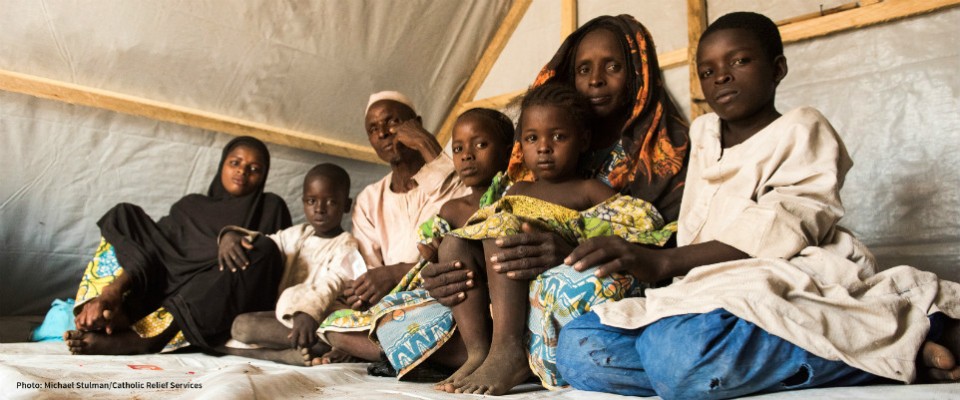
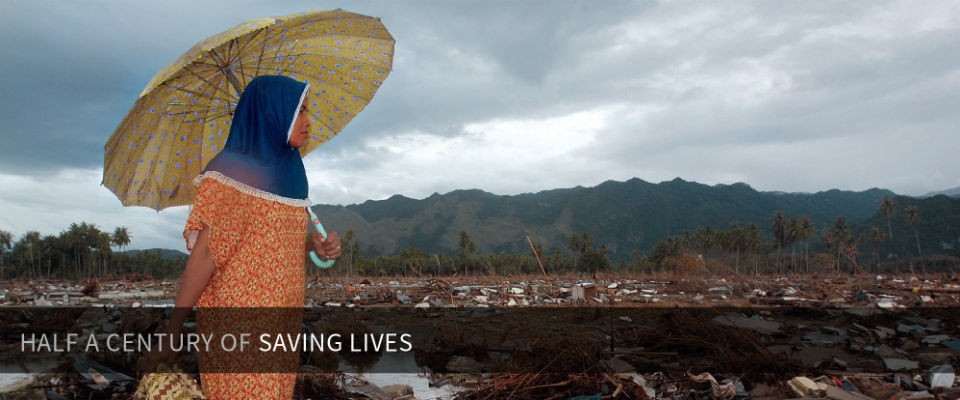
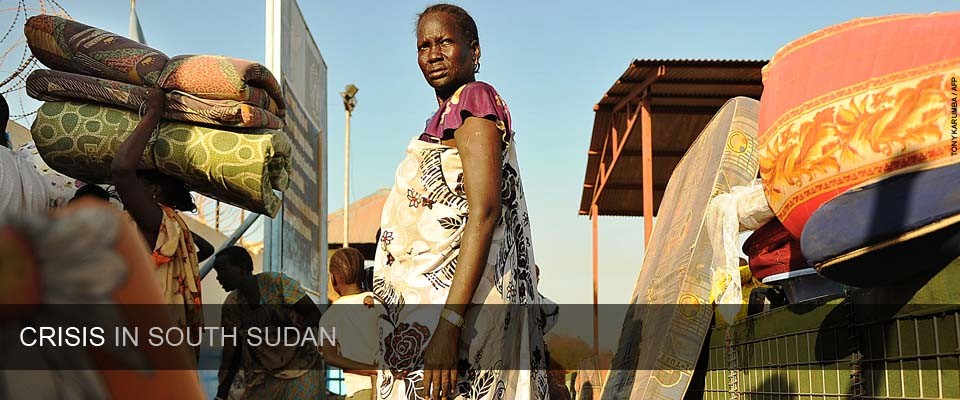

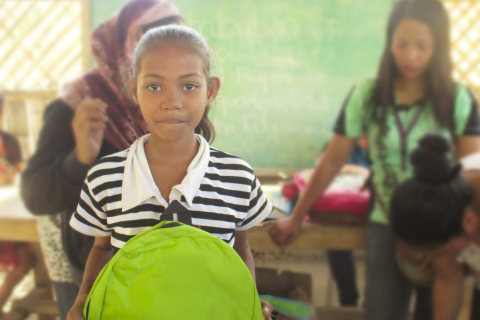

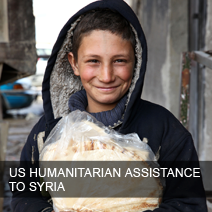
Comment
Make a general inquiry or suggest an improvement.